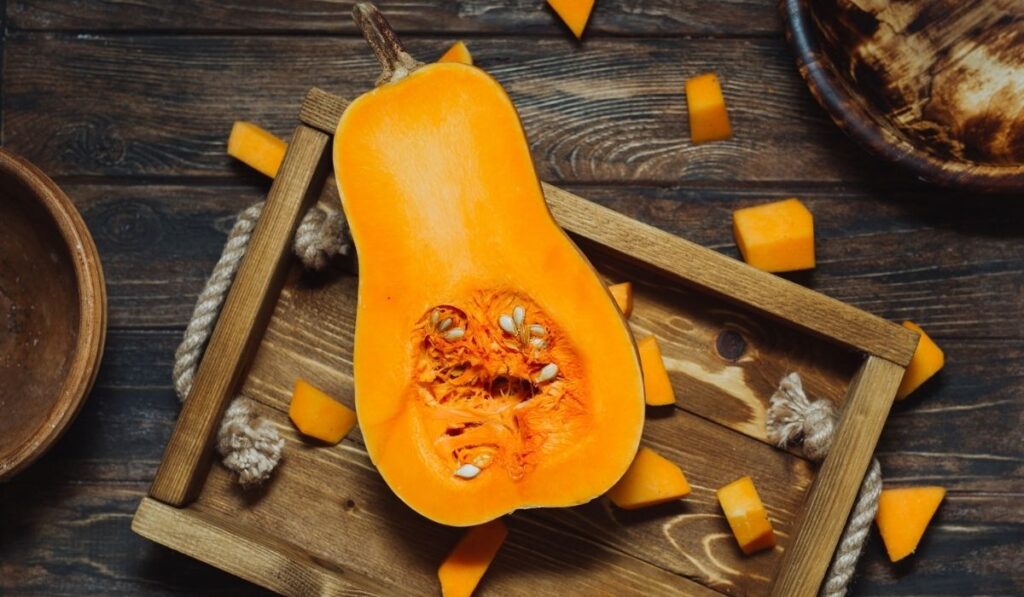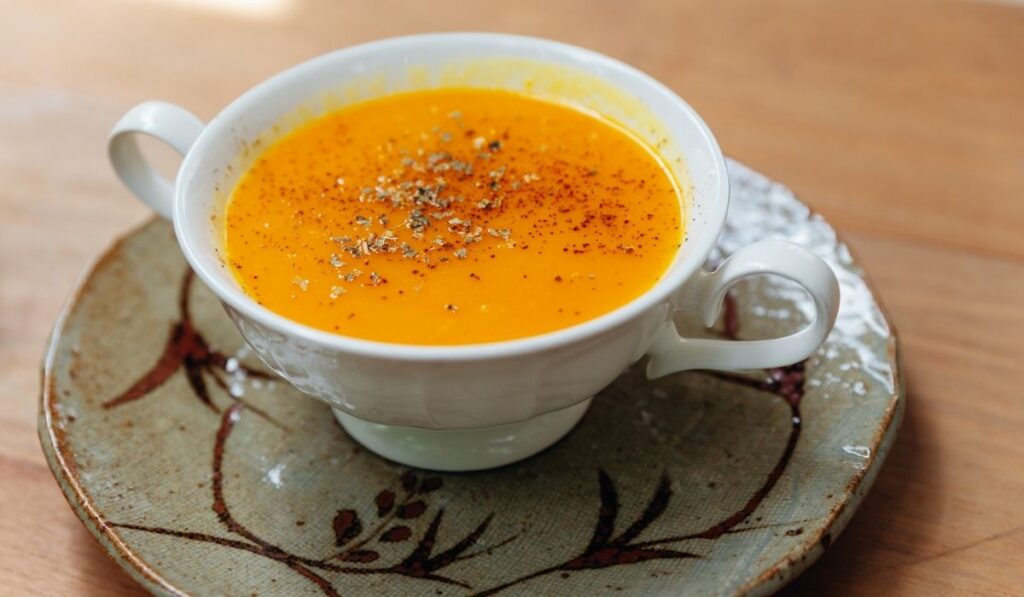Squash is one of those mysterious foods that people aren’t quite sure how to classify. Although it looks and feels like many vegetables we eat, it’s actually a fruit! And although squash are often packed with vitamins, minerals, and antioxidants, it’s not all good news on the health front. If you have your dental health on your mind, you may be curious to see what kind of effect squash has on your teeth.
Squash contains sugars which can feed bacteria and, in turn, create acidic compounds. These acidic compounds can damage your enamel and lead to cavities. When drinking a squash beverage, use a straw to minimize contact with your teeth, and try to brush 30m after eating it.
Generally speaking, squash is very safe to eat. Even so, it contains the kinds of compounds that can damage your teeth without proper care. Any sugar in your mouth is generally bad news for oral health (when not managed well), and eating a healthy plant like squash is no exception. So, when it comes to keeping safe with squash, what do you need to know?
What Is Squash?

You’ve probably seen it on a restaurant menu or had it on your plate for dinner, but what exactly is this vegetable-like fruit? A lot of people have heard of squash, but what is it really? Let’s take a look.
Squash is a vegetable that is a common part of cuisines all over the world. Commonly, it’s eaten steamed or sautéed, but many other preparations exist.
If you’re in the U.S., you’ve probably seen either summer squash or winter squash. In either form, you’ll find a firm fruit body with skin and seeds. The flavor of squash is fairly mild, but some types contain more sugar than others.
Popular winter squashes include:
- Butternut
- Acorn
- Globe
- Pumpkins
Popular summer squashes include:
- Zucchini
- Yellow squash
- Crookneck squash
- Patty-pan
You’ll find many more types of squash in other places. In Japan, for example, a popular type of winter squash is Kabocha squash. Also known as a Japanese pumpkin, Kabocha squash has a slightly nutty flavor profile and tastes great roasted.
How Does Squash Damage Your Teeth?

Now that we know what squash is, what do you need to know about the dental impacts of this common fruit? Of course, eating squash is generally healthy, but there are some compounds found in squash that you should be worried about if teeth are on your mind.
In most cases, you’ll only need to concern yourself over the sugar content and acidity of squash. Since different types of squash have different levels of these compounds, some are better for your teeth than others.
Sugar Content of Squash
First, let’s talk about sugar content. Most squashes contain a certain amount of sugar in the form of naturally occurring fructose. When you eat or drink squash, this sugar sits in your mouth. So what also sits in your mouth? Bacteria.
This bacteria feeds on sugar. It eats sugar as a form of food and creates byproducts. These byproducts could be the source of bad breath, but they also contain acidic compounds. This is called fermentation. With yeast, fermentation creates mostly alcohol.
With bacteria, it mostly forms acidic compounds. If you’ve ever tried kombucha, you already know the power of bacterial acidity.
Acidity of Squash
All of this acidity is bad news for your teeth. It can easily wear down enamel and allow that bacteria to go further into your mouth, potentially forming cavities. Cavities, in turn, can expand to the nerve inside the tooth and make a root canal necessary for treatment.
If a bacterial infection is only within the gum tissue, you may need it to be cleaned by a professional. Either way, it’s bad news!
Squash also contains some acidity naturally. This can have the same effect on your teeth as the acids formed by the bacteria. To keep safe, make sure you brush your teeth regularly, but not too soon after you eat because doing so can exacerbate the negative effects on your enamel.
How Can I Minimize Damage While Drinking Squash?
If you’re drinking squash, what do you need to know about keeping safe? Since drinking anything means contact with your teeth, you need to be extra careful when drinking sugary fruit squash beverages.
When it comes to drinking squash, you should always use a straw. This will give you the best chance of preventing the liquid from making direct contact with your teeth. If you don’t use a straw, the sugar can much more easily get in between your teeth and cause damage.
As we all know, sugar is not good for your teeth. Even the limited amount of sugar in squash can have an impact on your dental health. To stay healthy means taking any risk of sugar contact seriously.
While using a straw is a great way to reduce contact when consuming liquids, you should also think about your drinking and eating habits overall and how you can improve them.
While squash is not as heavy in sugar as other fruits, you should still try to limit the amount you eat if dental health problems are of particular concern. In most cases, a general routine of brushing and flossing is enough to combat the ill effects of drinking squash.
Wrapping Up
Squash is a fruit that we often see on the sides of our plates for dinner or lunch. You can eat squash in many different ways and many cultures around the world enjoy the fruit.
When it comes to dental health, though, you should be concerned about the sugar content of squash. Although it’s probably not your biggest enemy when it comes to the many sugary foods we tend to consume, it can still create issues with decay down the line.


